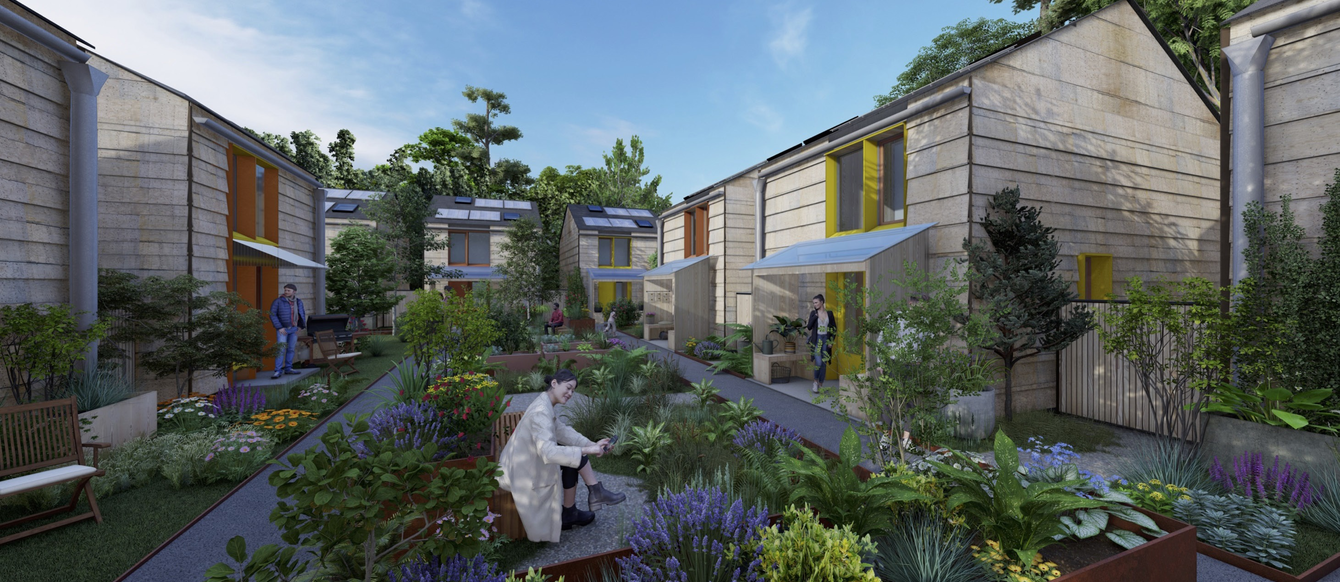Practical Tips for Finding Success in Affordable Homeownership in The Current Market
Practical Tips for Finding Success in Affordable Homeownership in The Current Market
Blog Article
Budget-friendly Homeownership Options for First-Time Homebuyers
As the real estate market continues to develop, first-time buyers face unique obstacles in securing economical homeownership alternatives. These campaigns not only help with homeownership but additionally foster neighborhood stability and financial growth.
Government Aid Programs
Federal government support programs play a critical role in making homeownership obtainable for numerous individuals and family members. These programs aim to reduce the financial burden related to buying a home, specifically for new buyers. By providing financial assistance, gives, and tax incentives, government efforts aid link the space in between increasing real estate expenses and the purchasing power of prospective homeowners.
Numerous programs are offered at the federal, state, and local levels. The Federal Housing Management (FHA) offers insurance policy on lendings, enabling lenders to provide more desirable terms, such as lower down repayments and lowered interest prices. Additionally, state and local governments commonly have their very own campaigns, which may consist of deposit help programs, property buyer education courses, and desirable mortgage terms.
These programs are developed to attend to the special obstacles encountered by reduced- to moderate-income households, including restricted cost savings and debt history. By fostering a setting where homeownership is much more available, entitlement program programs not just sustain individual aspirations yet likewise contribute to community stability and financial development. Understanding and utilizing these resources can dramatically improve the prospects of effective homeownership.
Low-Down-Payment Home Loans
For several hopeful property owners, low-down-payment home mortgages present a sensible pathway to homeownership, particularly in today's difficult housing market. These mortgage options normally call for deposits ranging from 3% to 5%, making it much easier for new customers to get in the market without the burden of conserving for a significant down payment.
Numerous lending institutions provide low-down-payment programs, consisting of conventional finances backed by Fannie Mae and Freddie Mac, as well as government-backed alternatives like FHA financings. These home loans are made to accommodate individuals with restricted financial savings while still giving affordable passion prices. Importantly, they permit customers to preserve even more cash money for various other vital expenditures, such as moving prices, home examinations, and potential restorations.
However, possible property owners should be conscious of the compromises connected with low-down-payment home loans. A smaller sized deposit may lead to greater month-to-month repayments and the necessity of personal home mortgage insurance policy (PMI), which protects lending institutions in case of default. Therefore, it is crucial for first-time customers to carry out extensive study and seek advice from home loan specialists, guaranteeing they pick a low-down-payment alternative that lines up with their long-lasting financial objectives. Affordable Homeownership.
First-Time Homebuyer Grants
Lots of newbie homebuyers find that grants can dramatically relieve the economic problem of buying a home, enhancing low-down-payment home mortgage options. These grants, typically provided by state and city governments or charitable organizations, offer economic help that does not require payment, making them an attractive choice for those going into the real estate market.
Qualification for first-time homebuyer grants typically depends upon income, creditworthiness, and the acquisition cost of the home. Several programs are made to aid reduced- to moderate-income family members, ensuring that support reaches those who require it most. The application process typically includes paperwork of monetary condition, buyer education and learning training courses, and occasionally also a commitment to stay in the home for a certain duration.
The amount of assistance differs extensively, with some gives offering a number of thousand dollars to help cover shutting prices or deposits. Investigating available grants in your location is vital, as programs frequently transform and may have certain demands. By leveraging these economic sources, newbie buyers can make homeownership extra obtainable, eventually accomplishing their desire of possessing a home while minimizing the preliminary economic pressure.
Innovative Neighborhood Efforts
Innovative community initiatives are playing an essential duty in increasing budget friendly homeownership alternatives for citizens. These campaigns commonly involve collaborative initiatives between regional federal governments, charitable companies, and economic sector stakeholders to create sustainable housing options customized to area requirements.
One remarkable technique is the facility of area land depends on (CLTs), which allow citizens to acquire homes while the land continues to be had by the trust fund. This design helps maintain affordability in time and stops speculative rate rises. Additionally, CLTs typically offer academic resources and support solutions to encourage first-time property buyers.
An additional efficient effort is the growth of mixed-income housing tasks, which mix budget friendly units with market-rate homes. This strategy cultivates inclusive neighborhoods and decreases the stigma typically connected with low-income housing. Regional federal governments are significantly sustaining zoning reforms to facilitate the construction of accessory home systems (ADUs), which can supply extra rental income for house owners while raising real estate availability.

Tips for Budgeting and Saving

Next, develop a specialized cost savings account especially for your future home purchase. Purpose to conserve a portion of your revenue regularly, ideally 20% or more, to build a substantial deposit. Make find out here now use of automation tools, such as straight down payment or automatic transfers, to make saving easier and extra regular.
In addition, take into consideration adopting the 50/30/20 policy: designate 50% of your income to needs, 30% to wants, and 20% to financial savings and financial debt repayment - Affordable Homeownership. This technique advertises balanced monetary wellness

Final Thought
In summary, cost effective homeownership alternatives for novice homebuyers incorporate various sources such as entitlement program programs, low-down-payment home mortgages, and gives. These campaigns not only promote entrance into the real estate market yet additionally promote area stability and economic development. By leveraging these financial tools, people can navigate the complexities of homeownership, eventually adding to an extra fair housing landscape. Continued assistance and recognition of these programs are crucial for improving accessibility to homeownership chances.
As the housing market continues to progress, new buyers deal with unique obstacles in securing cost effective homeownership choices. By promoting an atmosphere where homeownership is more obtainable, federal government assistance programs not just support individual aspirations but likewise contribute to community stability and economic development. By leveraging these economic sources, first-time homebuyers can make homeownership a lot more obtainable, eventually accomplishing their dream of possessing a home while reducing the initial monetary pressure.
In recap, budget friendly homeownership options for first-time homebuyers encompass various sources such as federal government assistance programs, low-down-payment home loans, and gives. By leveraging these financial tools, people can browse the click for info intricacies of homeownership, eventually adding to a more fair housing landscape.
Report this page